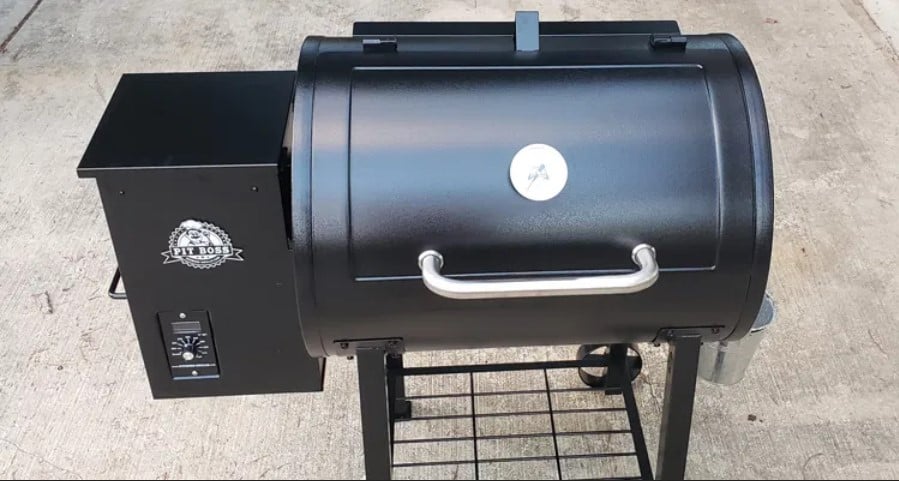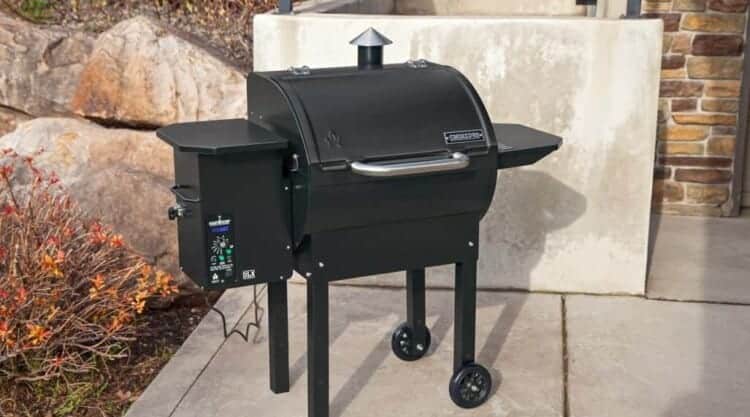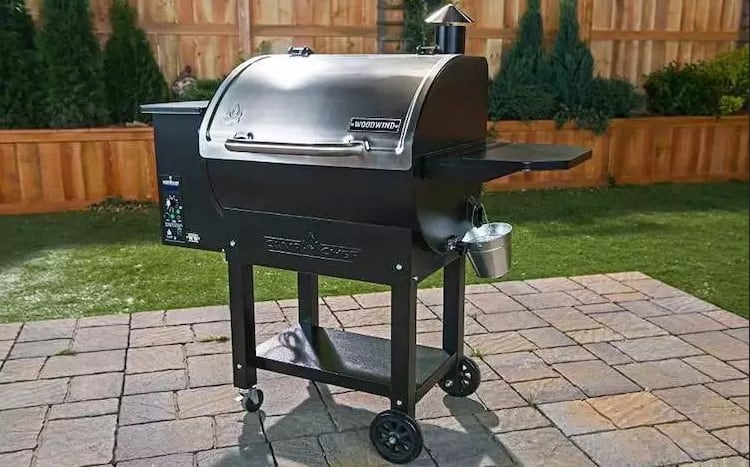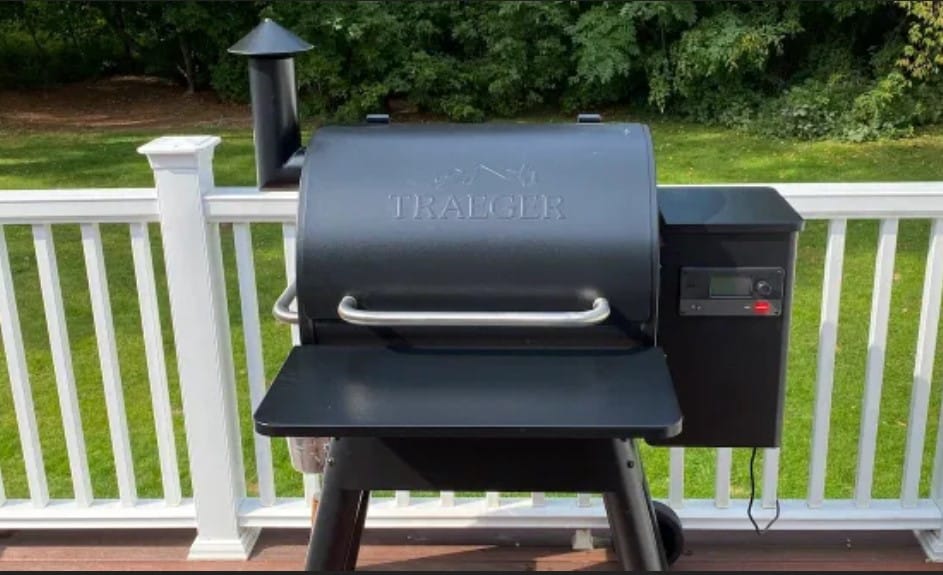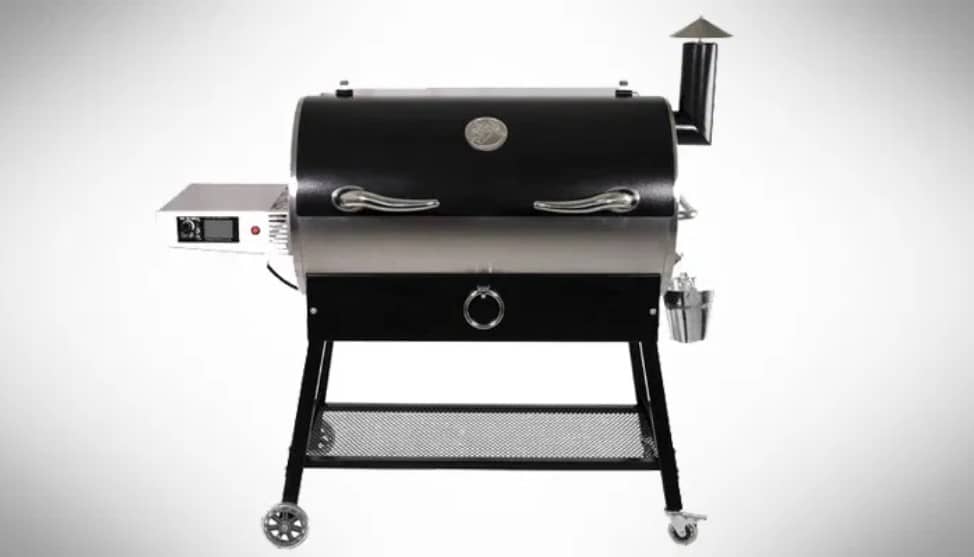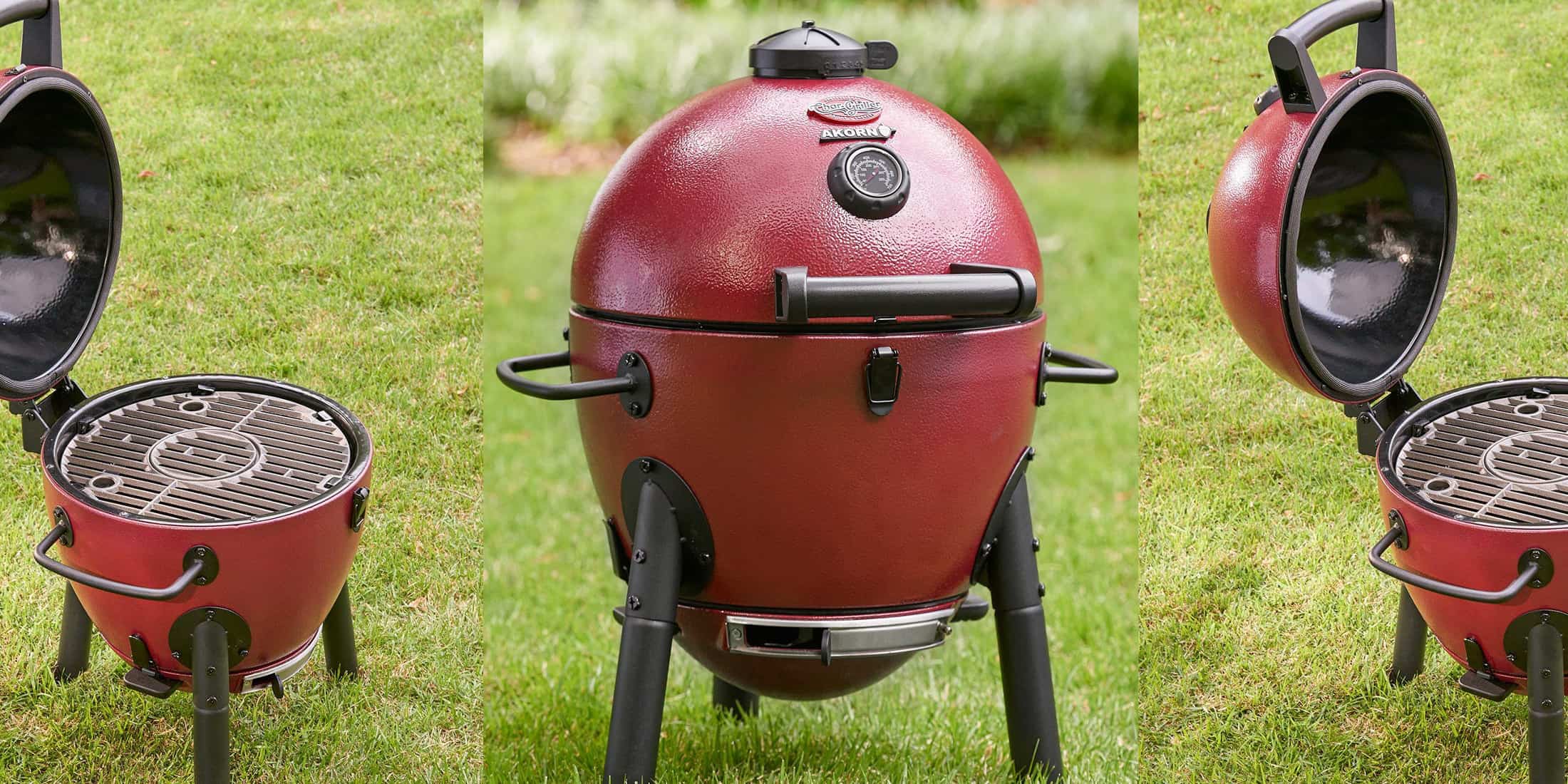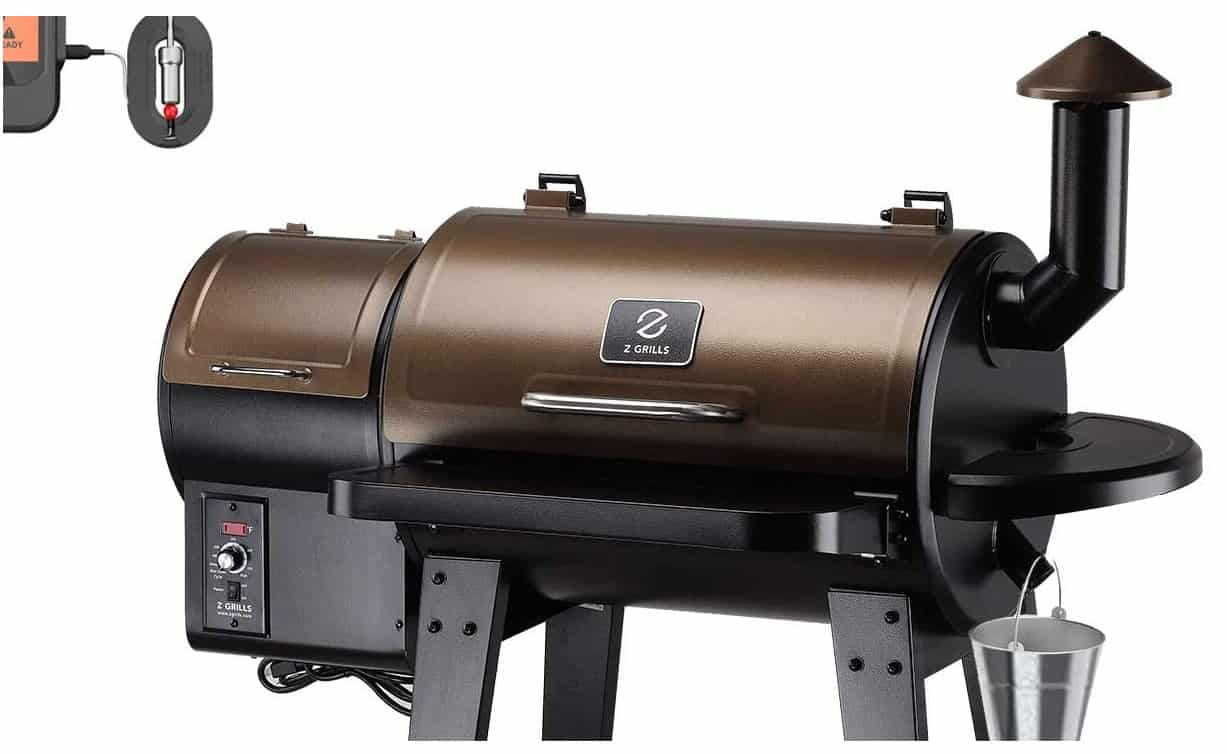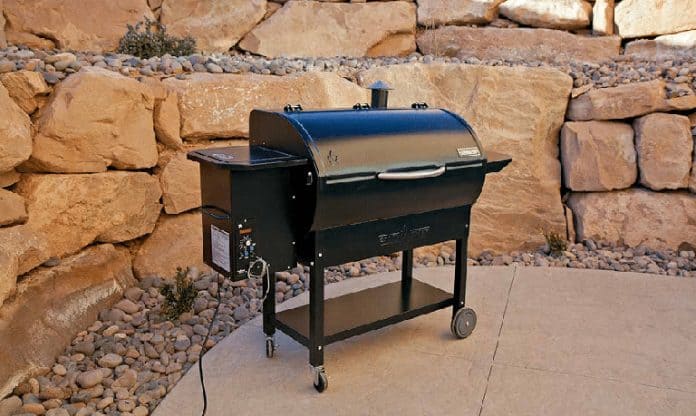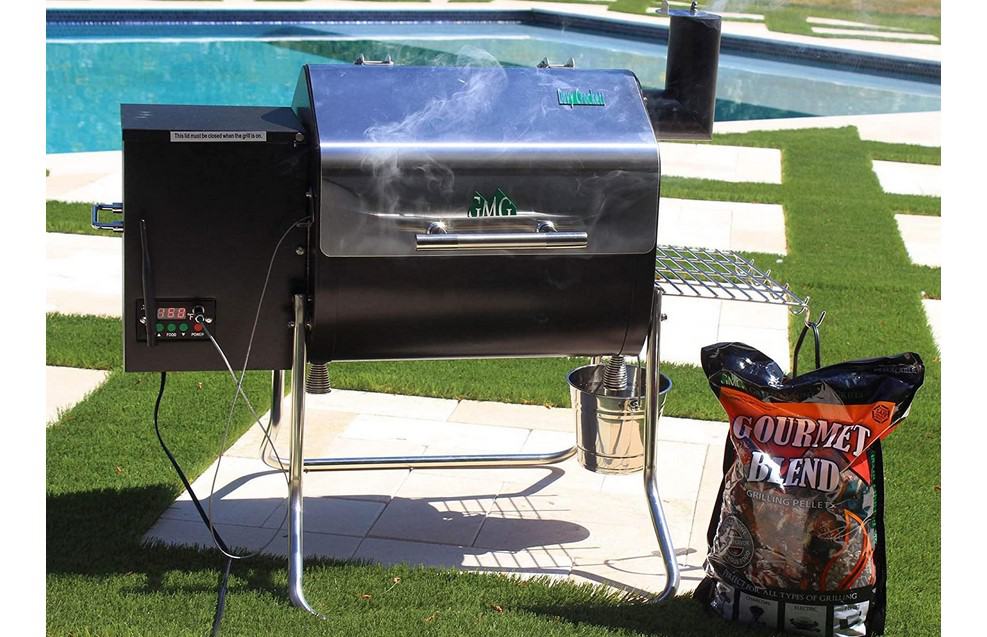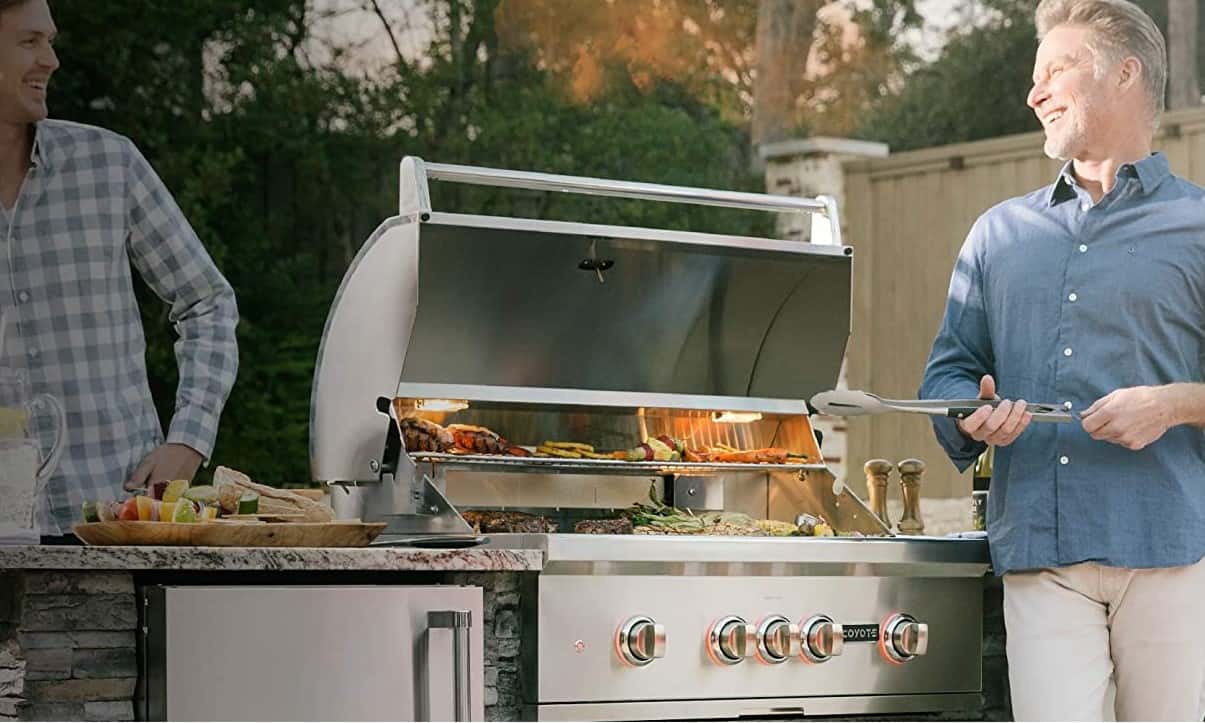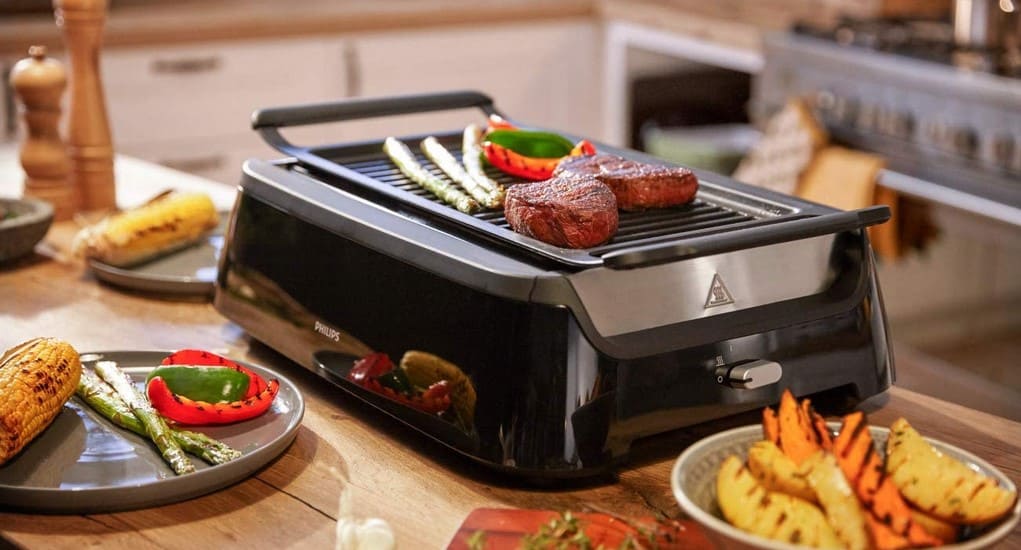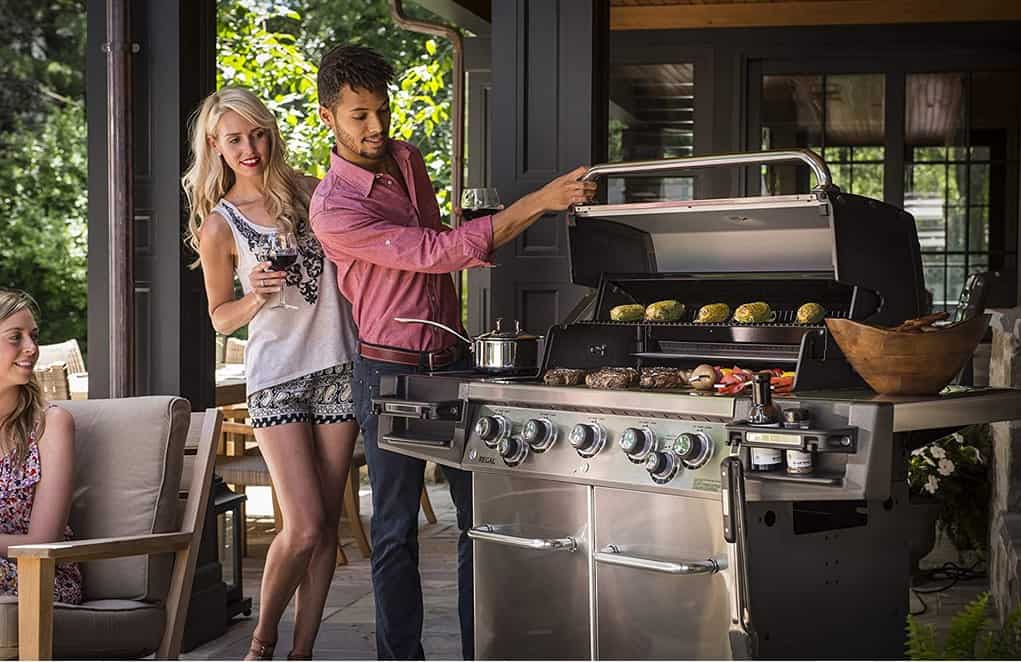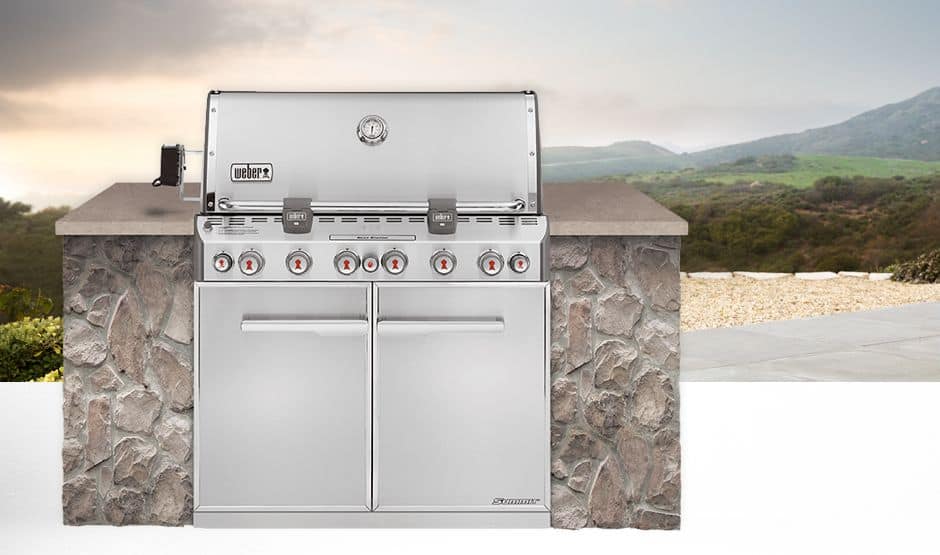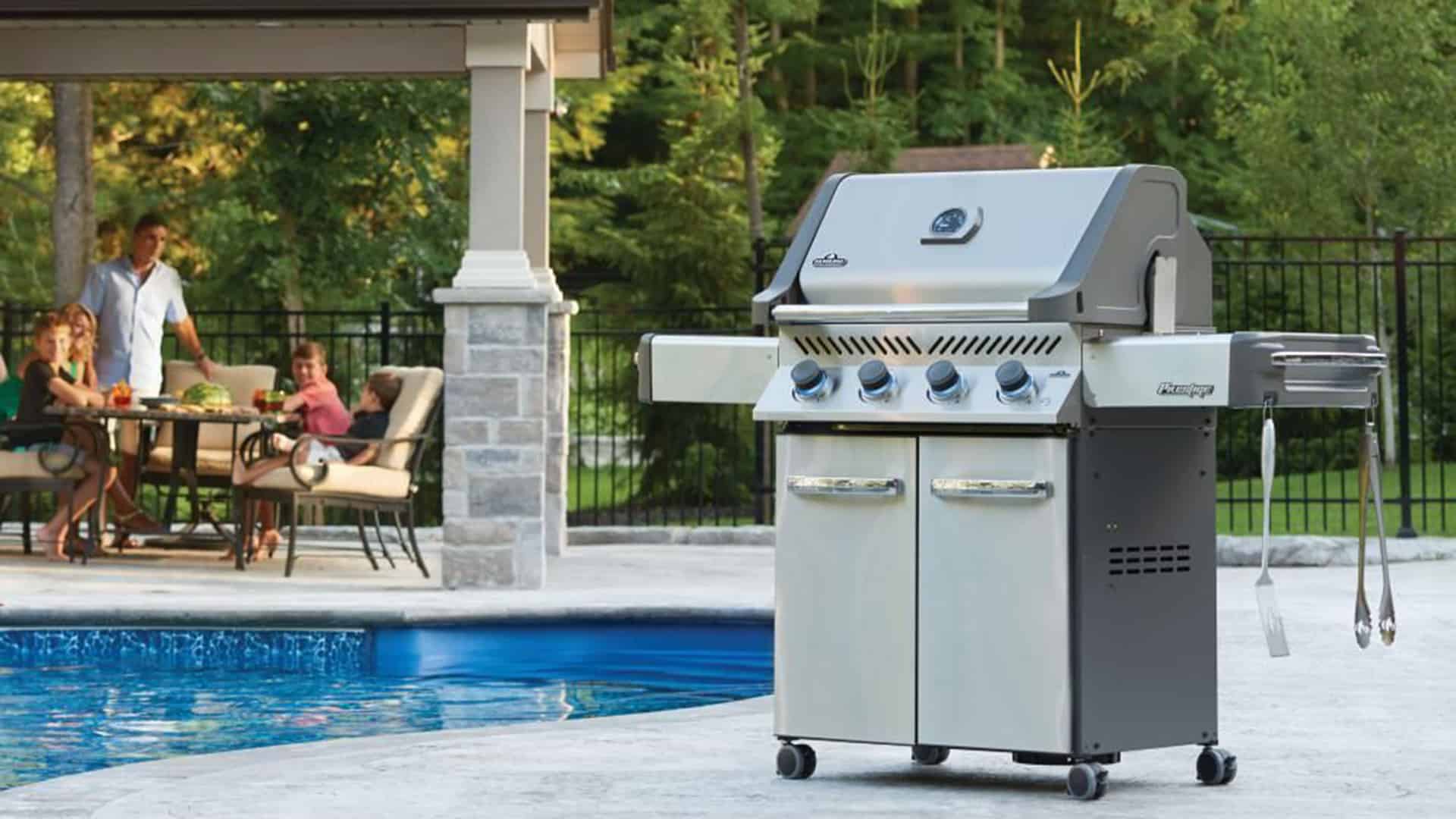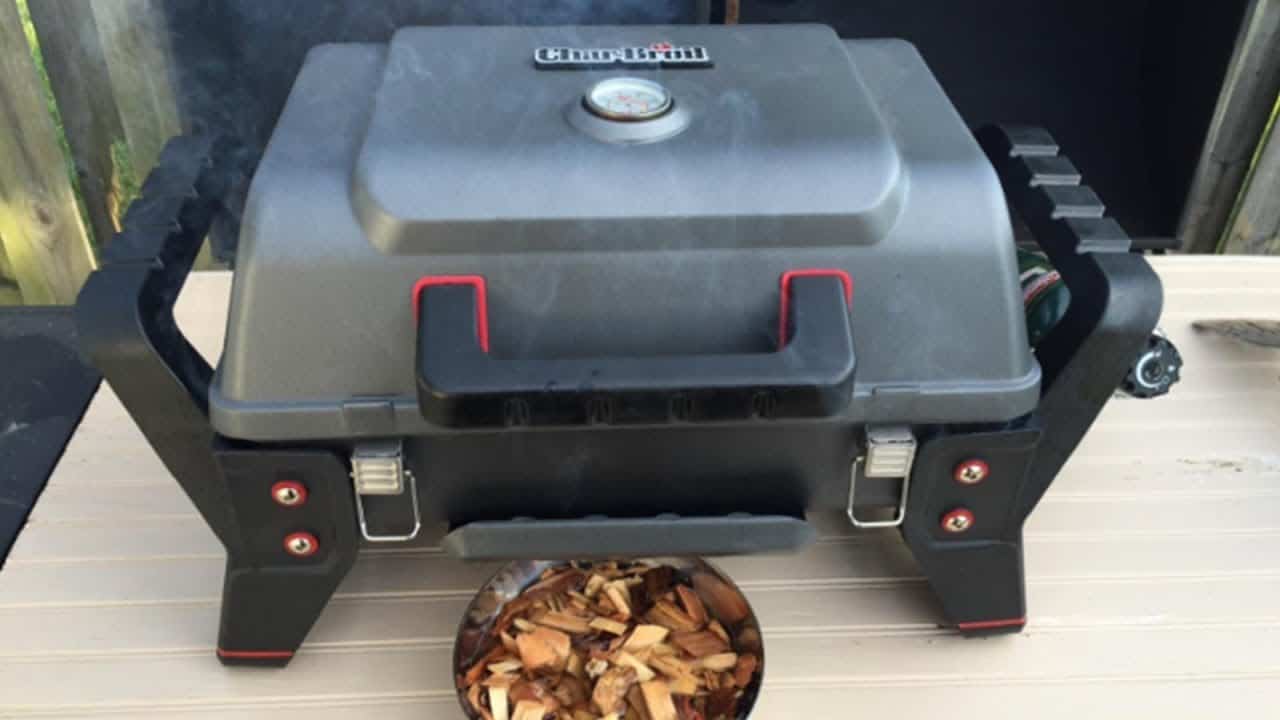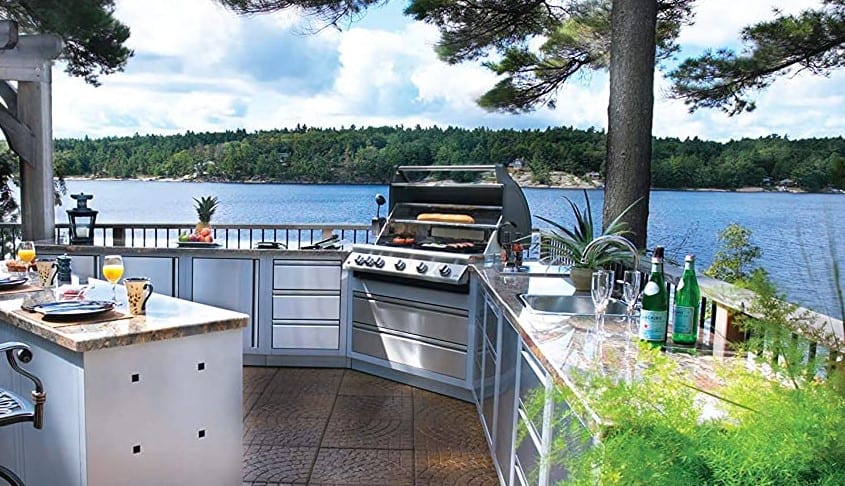If you’re trying to decide between gas vs infrared grills, there’s plenty to know about how they differ when it comes to performance, cost, and versatility. The best grill for you may be either one.
KEY TAKEAWAYS:
- Infrared grills, some of which are the top built-in grills, are capable of much higher temperatures than gas grills, making them better for steaks and other tougher cuts of meat.
- Infrared grills, like the Summerset grill, offer more precision in temperature than standard gas grills, making them a better option for serious cooks looking for maximum control and versatility.
- Traditional gas grills are far more affordable than infrared grills, and many are capable of comparable performance, depending on what’s being cooked.
Each has its advantages, depending on your needs and budget, so understanding the pros and cons of each is important even if you’re a casual cook. You may also want to look into the benefits of cast iron vs. stainless steel grills, and whether charcoal vs gas grills are better for you health-wise.
Insider Tip
Infrared grilling’s high temperatures make it better for searing meat than charcoal grills or standard gas grills.
Are Infrared Grills Better than Gas Grills
Although some infrared grills are electric, the majority use propane as a fuel source, like many conventional grills. What makes infrared grills different is that they use a heating element to heat food as opposed to an open flame as gas grills do, which makes them better for certain kinds of cooking. Beyond that, there are significant differences in cost, versatility, and temperature that are important to note.
Temperature
One of the biggest differences in performance between standard gas grills and infrared grills is the intense heat the latter are capable of. Infrared grills can cook at much higher temperatures than gas grills, some up to 700 degrees, and have better heat distribution, making them better at cooking steaks and other tougher cuts of meat that can be difficult to pull off at lower temperatures.
Precision and Versatility
In gas grills, the flame is in direct contact with the food, and temperature controls aren’t as precise. This can lead to inconsistently cooked food, especially for less experienced cooks. Infrared grills use a heating element, so food isn’t in direct contact with the heat source, which cooks food more evenly. Moreover, infrared grills have precision control over temperature, making them more versatile and reliable, and cool down in a matter of minutes after use.
Efficiency
Both infrared and traditional gas grills use propane or natural gas for their fuel source, but if you’re concerned about efficiency, there’s definitely a difference. Infrared grills are, as a rule, more fuel-efficient than gas grills, despite their higher performance and maximum temperatures, which could mitigate their increased price point in energy savings.
Cost
Infrared grills offer a lot of advantages over gas grills, depending on what you want in a grill, but it all comes at a much higher price point. Both propane and electric infrared grills are a much bigger investment than a standard gas grill, and there are far fewer entry-level, budget-friendly models available compared to gas grills.
Warning
For many cooks, the superior performance of infrared grills may not justify their significantly increased cost, though their fuel efficiency can make up for it, depending on how often it’s used.
F.A.Q.S
Is there a taste difference between charcoal and propane grills?
Yes, charcoal gives meat the classic smoky BBQ flavor many people are looking for when grilling. Propane grills create “clean” tasting food and simply can’t produce a smoky flavor without products like liquid smoke.
Is cooking with charcoal unhealthy?
Unless you’re eating charcoal-grilled meat every day, then any health risks are minimal. Charcoal grilling does put a certain amount of carcinogens into meat, but in amounts that aren’t a serious health risk if you’re only eating it a few times a month.
Is steak better on propane or charcoal?
Most of the time, you’ll get better results with steak and other tougher meats using charcoal, because of the higher temperatures it’s capable of. This also means a great sear is much easier to get with charcoal.
STAT: Infrared cooking doesn’t use hot air, which allows meat to retain around 35% more of its juices than other grilling methods, noticeably improving its flavor. (source)
REFERENCES:
- https://www.youtube.com/watch?v=UPTAsUkqIlg&ab_channel=BBQGuys
- https://www.youtube.com/watch?v=SI_ZyNaT4DI&ab_channel=YaleAppliance
- https://go.gale.com/ps/i.do?id=GALE%7CA146428680&sid=googleScholar&v=2.1&it=r&linkaccess=abs&issn=01617370&p=AONE&sw=w&userGroupName=nysl_owebr
- https://www.ncbi.nlm.nih.gov/pmc/articles/PMC6891297/

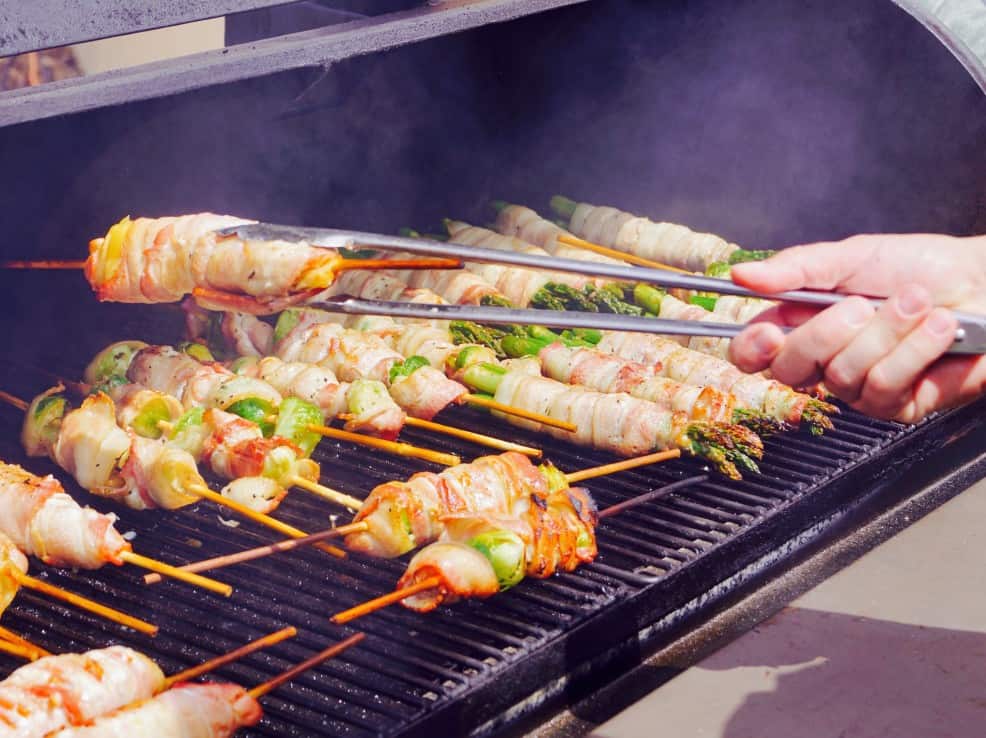













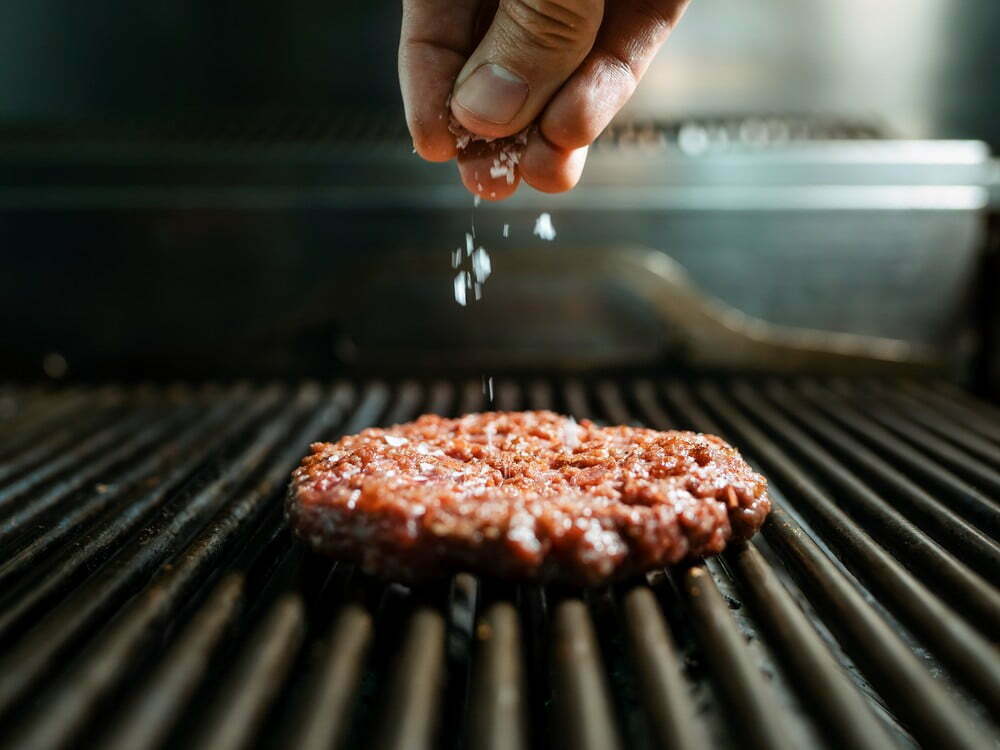
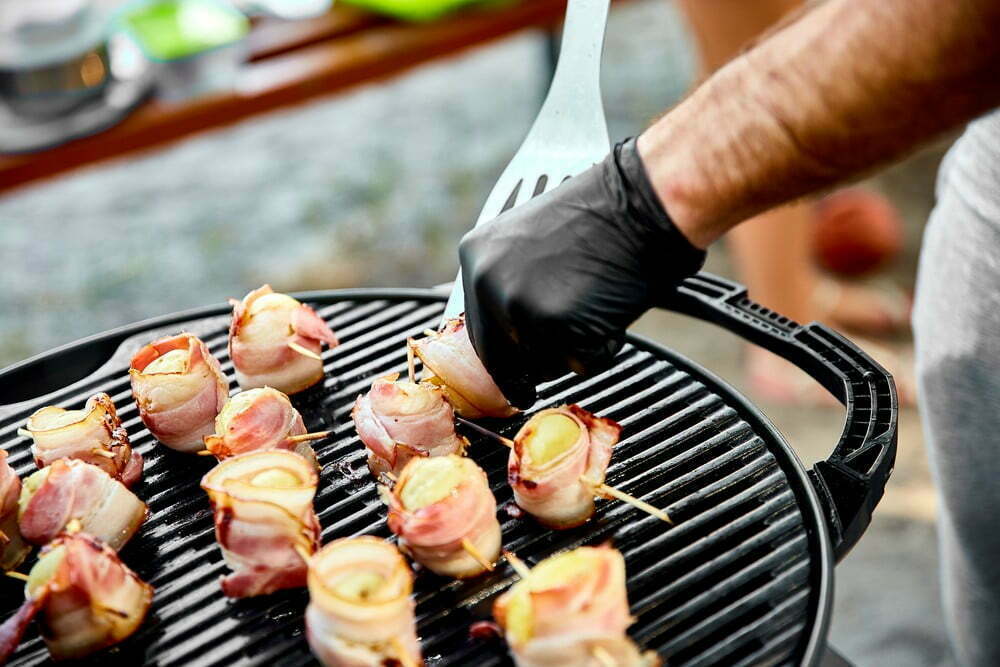
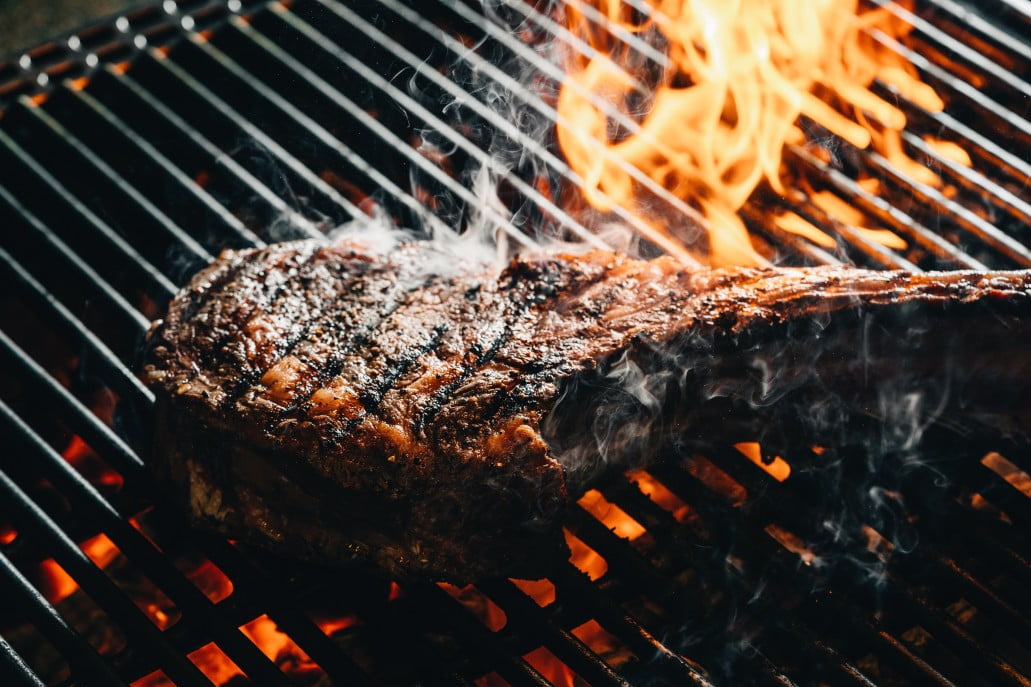
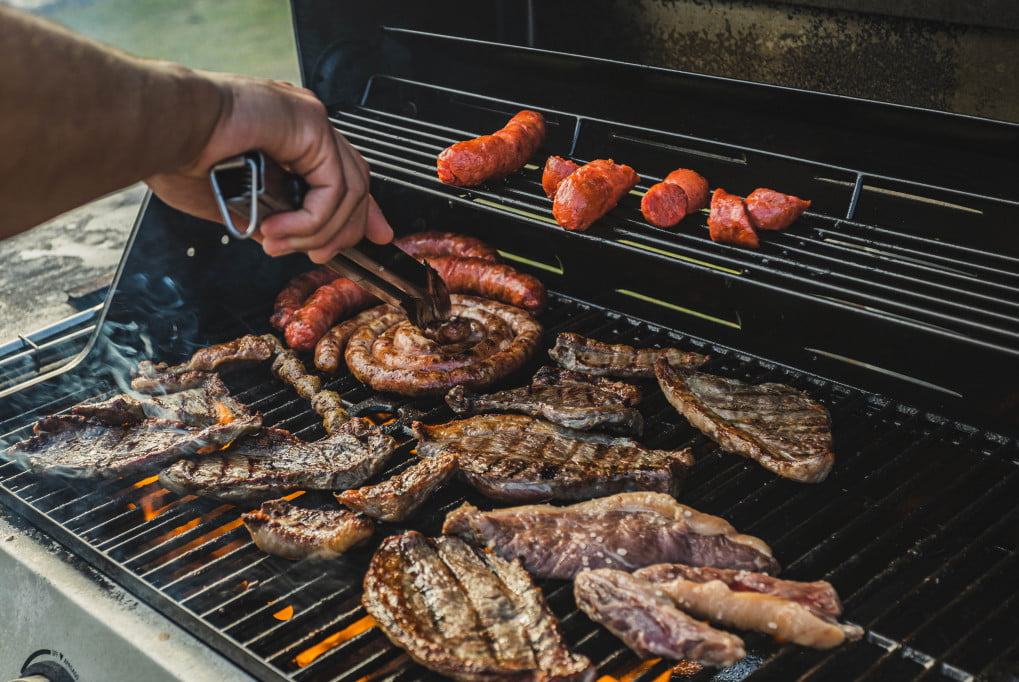

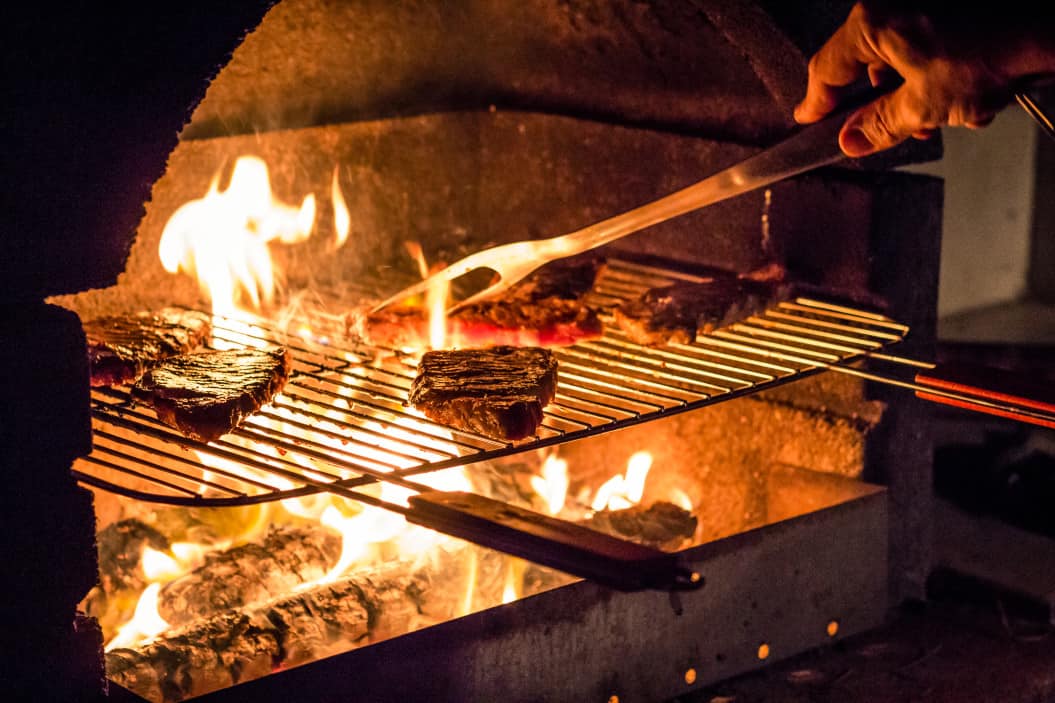




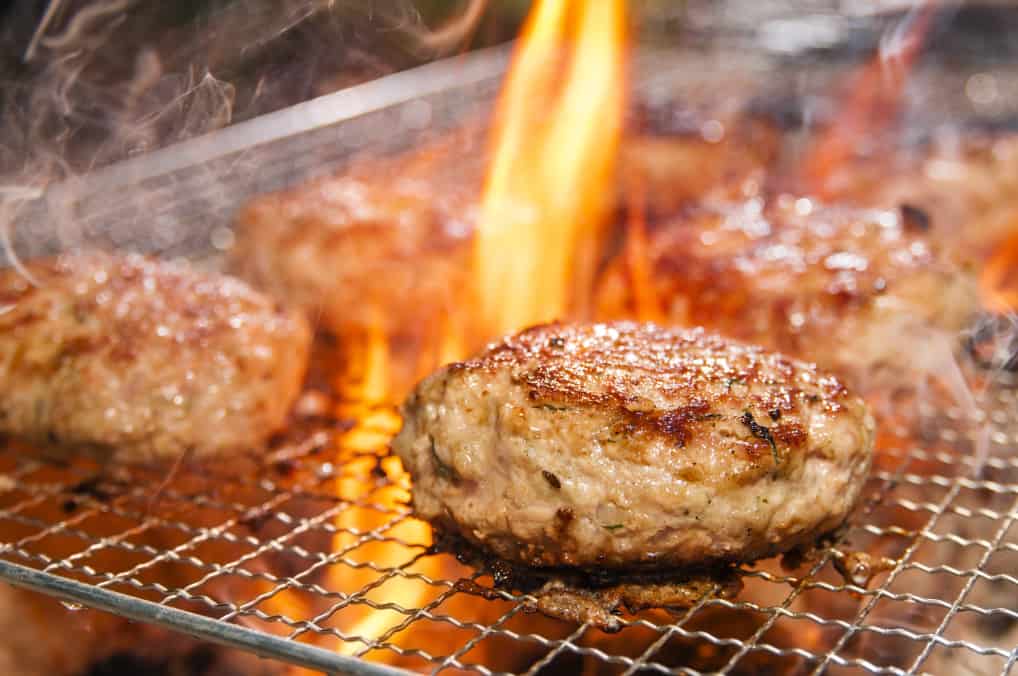
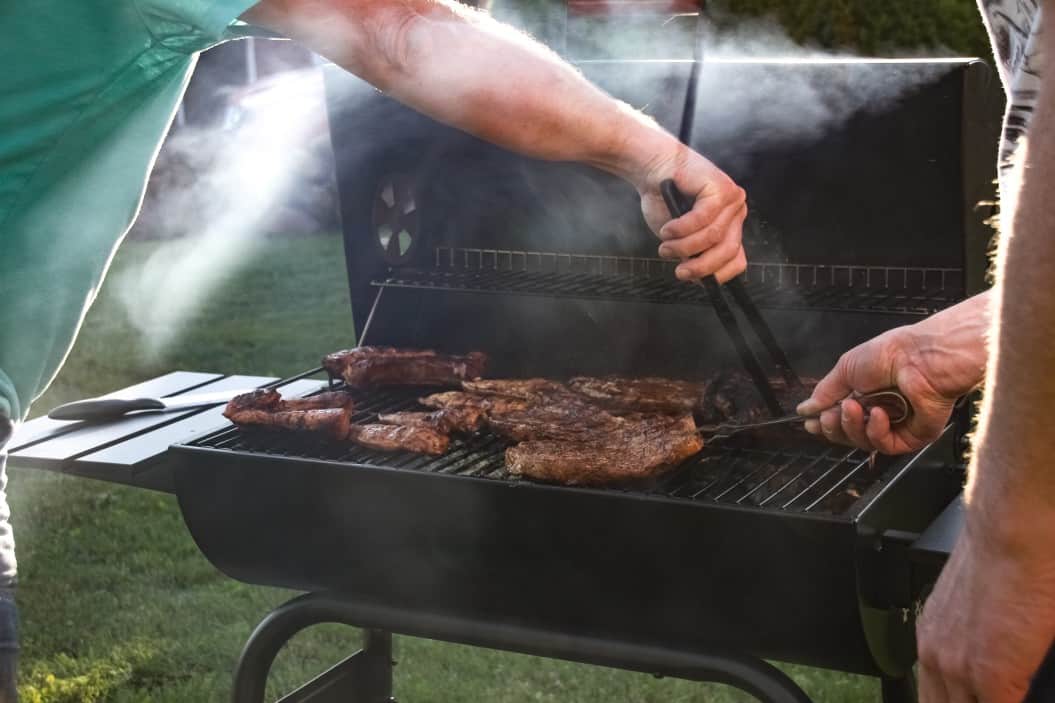


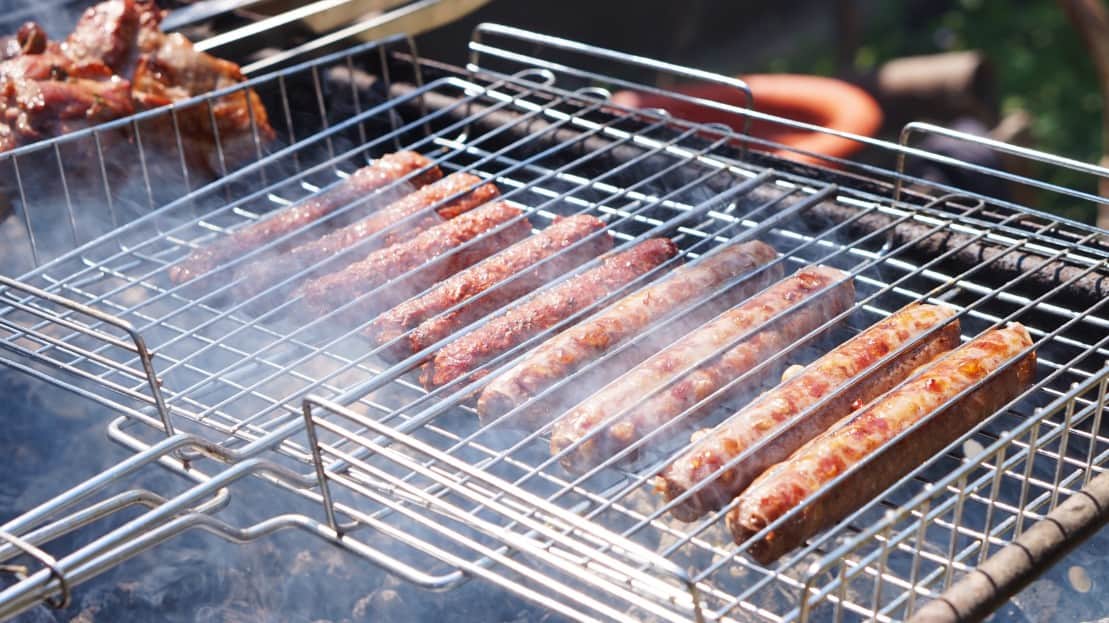
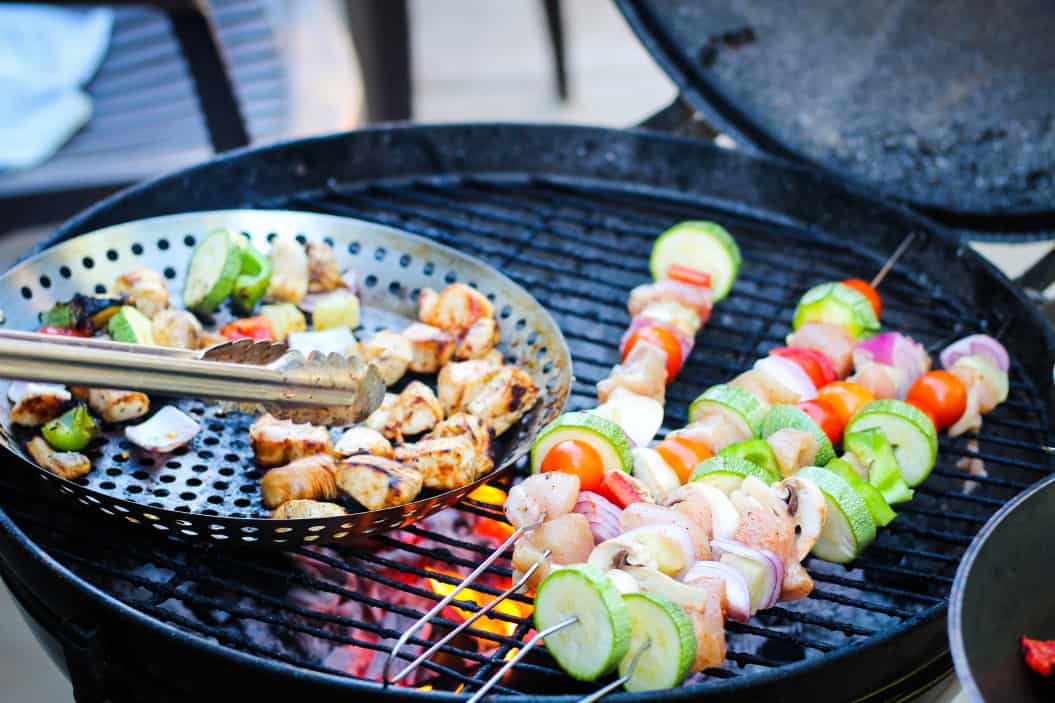

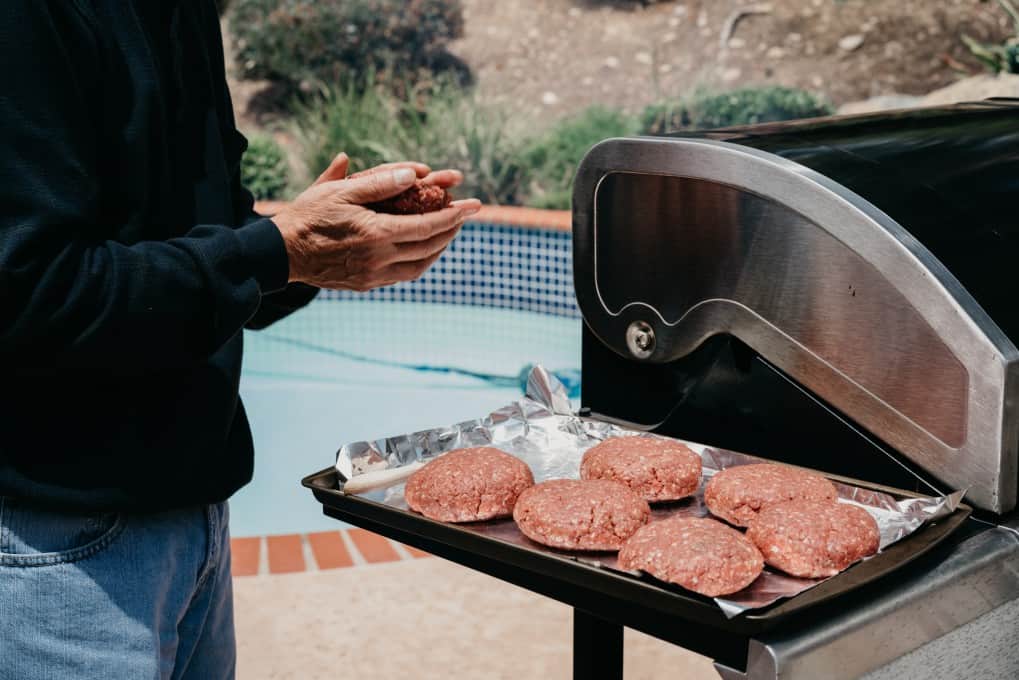
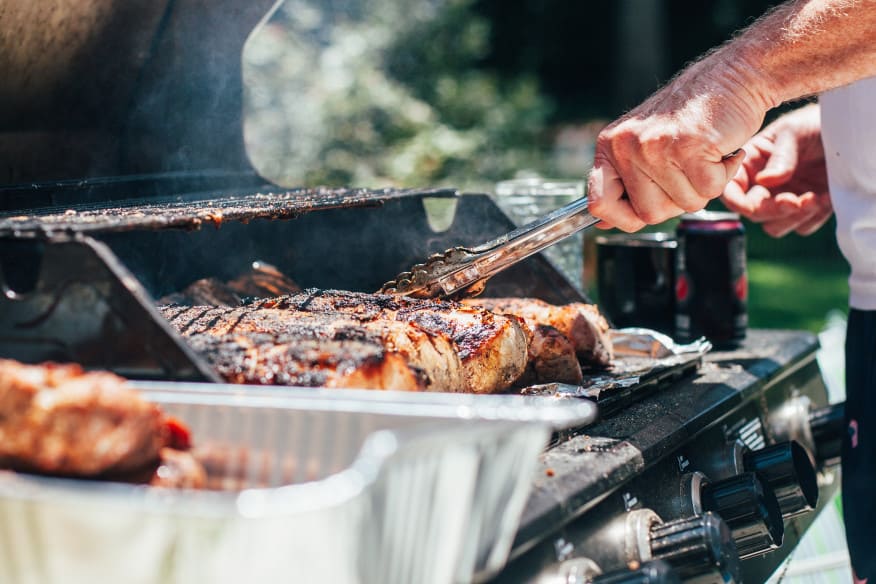
![Best Grills in [year] ([month] Reviews) 27 Best Grills in 2025 (April Reviews)](https://www.gadgetreview.dev/wp-content/uploads/best-grills-image.jpg)
![Best Griddlers in [year] 28 Best Griddlers in 2025](https://www.gadgetreview.dev/wp-content/uploads/best-griddler-image.jpg)
![Best Offset Smokers in [year] 29 Best Offset Smokers in 2025](https://www.gadgetreview.dev/wp-content/uploads/best-offset-smoker-image.jpg)
![Best Pit Boss Pellet Grills in [year] 30 Best Pit Boss Pellet Grills in 2025](https://www.gadgetreview.dev/wp-content/uploads/best-pit-boss-pellet-grill-image.jpg)
![Best Vertical Pellet Smokers in [year] 31 Best Vertical Pellet Smokers in 2025](https://www.gadgetreview.dev/wp-content/uploads/best-vertical-pellet-smoker-image.jpg)
![Best Grill Tongs in [year] 32 Best Grill Tongs in 2025](https://www.gadgetreview.dev/wp-content/uploads/best-grill-tongs-image.jpg)
![Best Tailgate Grills in [year] 33 Best Tailgate Grills in 2025](https://www.gadgetreview.dev/wp-content/uploads/best-tailgate-grill-image.jpg)
![Best 2 Burner Gas Grills in [year] 34 Best 2 Burner Gas Grills in 2025](https://www.gadgetreview.dev/wp-content/uploads/best-2-burner-gas-grill-image.jpg)
![Best Outdoor Electric Grills in [year] 35 Best Outdoor Electric Grills in 2025](https://www.gadgetreview.dev/wp-content/uploads/best-outdoor-electric-grill-image.jpg)
![Best Grill Brushes in [year] 36 Best Grill Brushes in 2025](https://www.gadgetreview.dev/wp-content/uploads/best-grill-brush-image.jpg)
![Best Smoker Grills in [year] 37 Best Smoker Grills in 2025](https://www.gadgetreview.dev/wp-content/uploads/best-smoker-grill-image.jpg)
![Best Smokeless Indoor Grills in [year] 38 Best Smokeless Indoor Grills in 2025](https://www.gadgetreview.dev/wp-content/uploads/best-smokeless-indoor-grill-image.jpg)
![Best Small Gas Grills in [year] 39 Best Small Gas Grills in 2025](https://www.gadgetreview.dev/wp-content/uploads/best-small-gas-grill-image.jpg)
![Best Charcoal Smokers in [year] 40 Best Charcoal Smokers in 2025](https://www.gadgetreview.dev/wp-content/uploads/best-charcoal-smoker-image.jpg)
![Best Weber Grills in [year] 41 Best Weber Grills in 2025](https://www.gadgetreview.dev/wp-content/uploads/best-weber-grill-image.jpg)
![Best Portable Charcoal Grills in [year] 42 Best Portable Charcoal Grills in 2025](https://www.gadgetreview.dev/wp-content/uploads/best-portable-charcoal-grill-image.jpg)
![Best Traeger Grills in [year] 43 Best Traeger Grills in 2025](https://www.gadgetreview.dev/wp-content/uploads/best-traeger-grill-image.jpg)
![10 Best Flat Top Grills in [year] 44 10 Best Flat Top Grills in 2025](https://www.gadgetreview.dev/wp-content/uploads/Best-Flat-Top-Grill.jpg)
![10 Best Electric Grills in [year] 45 10 Best Electric Grills in 2025](https://www.gadgetreview.dev/wp-content/uploads/Best-Electric-Grill.jpg)
![10 Best Indoor Grills in [year] 46 10 Best Indoor Grills in 2025](https://www.gadgetreview.dev/wp-content/uploads/best-indoor-grills.jpg)
